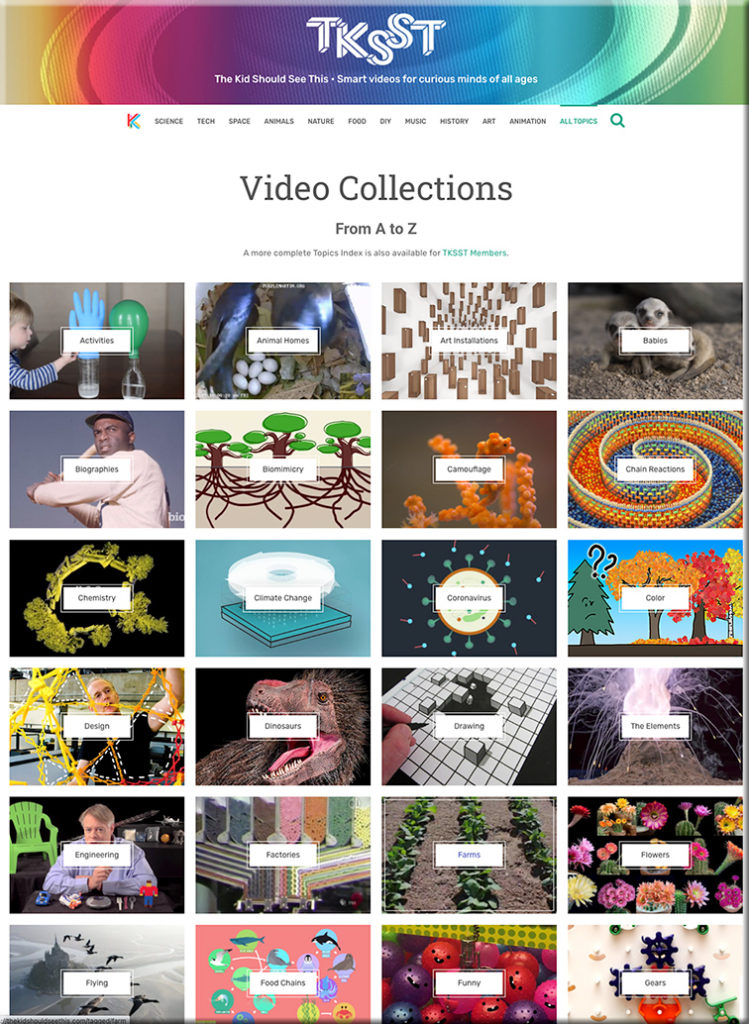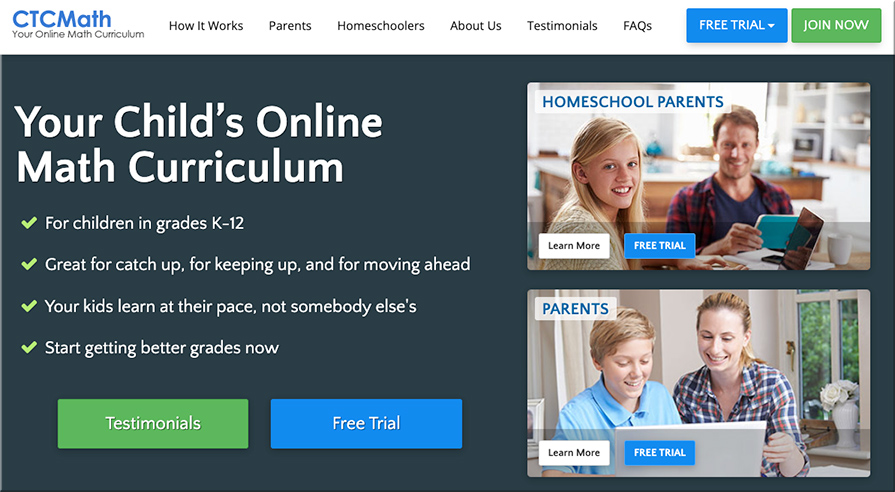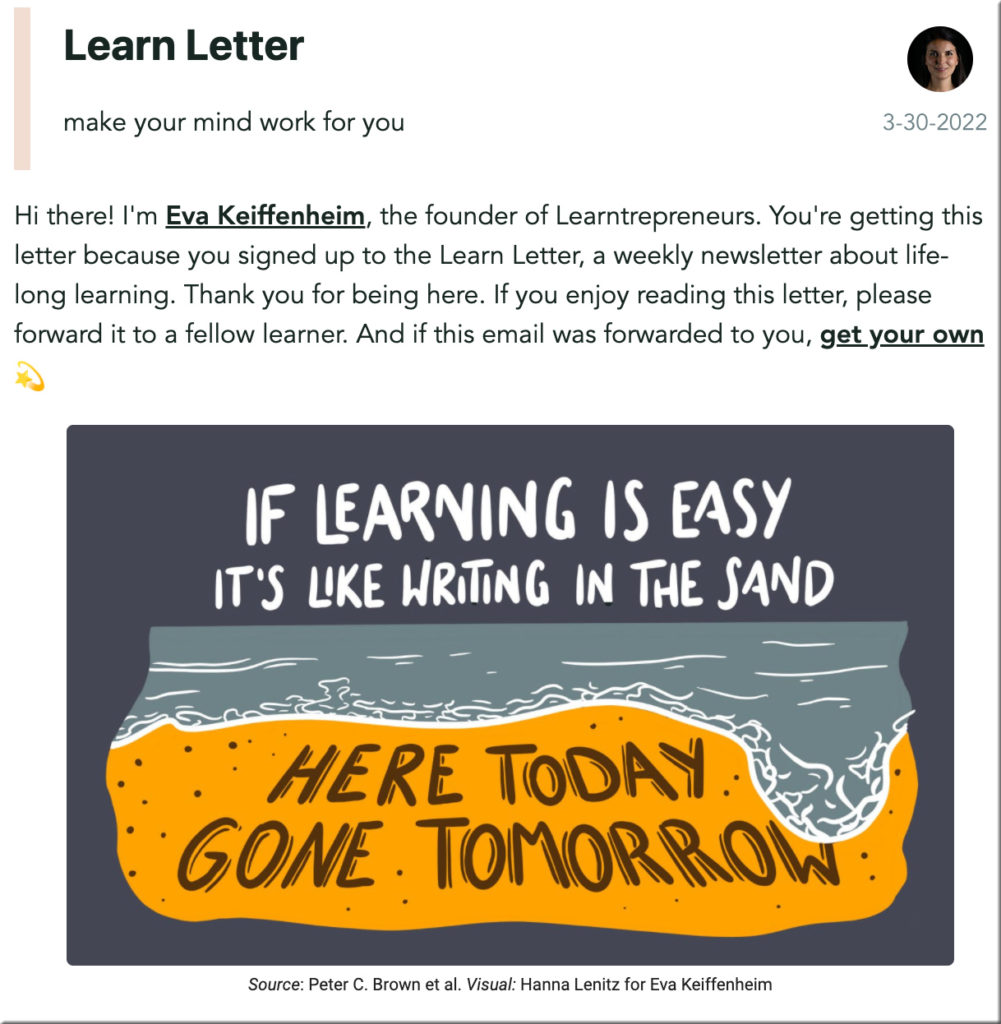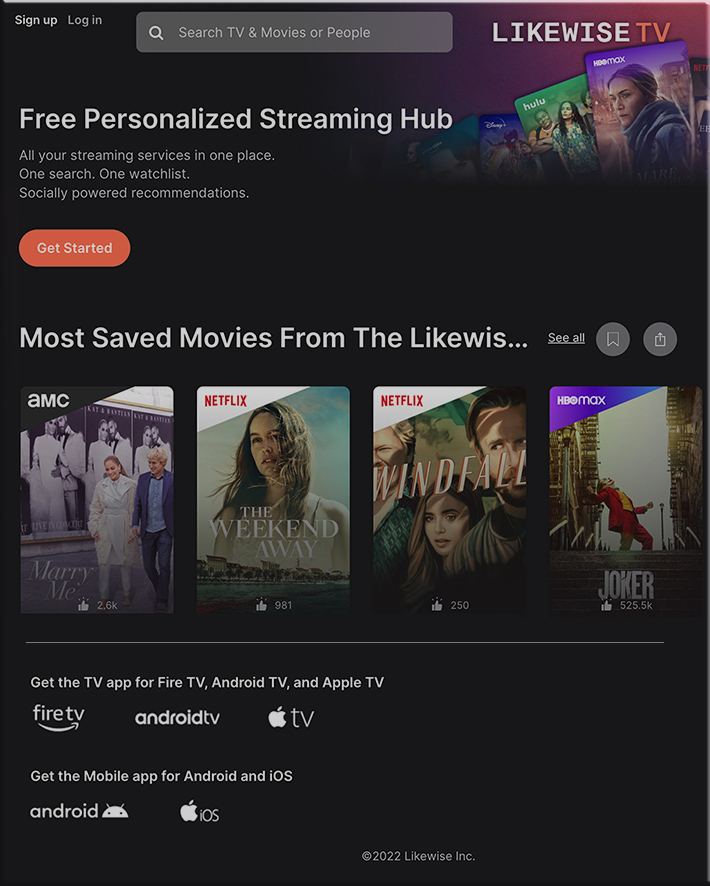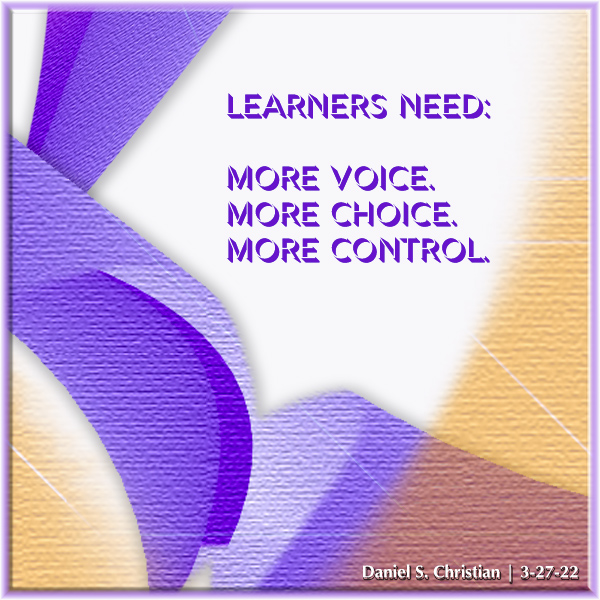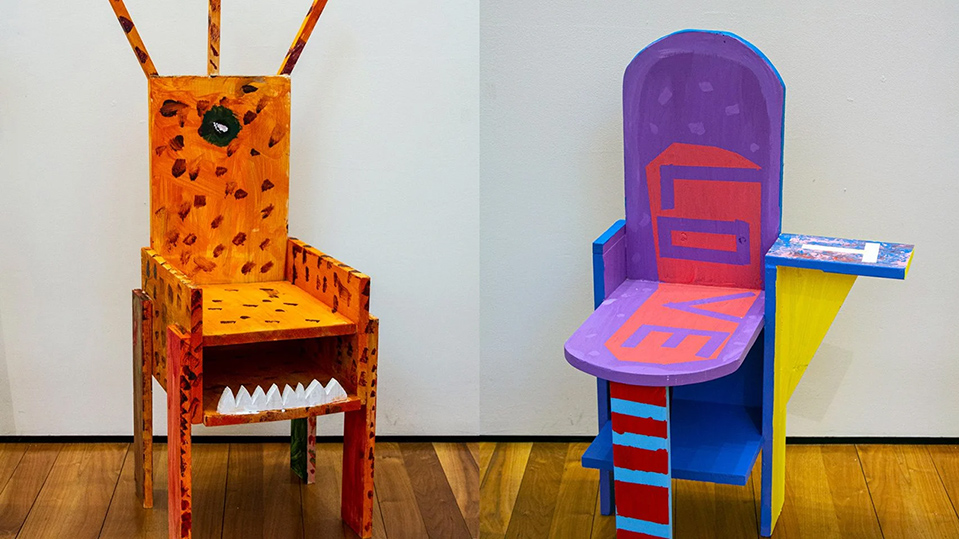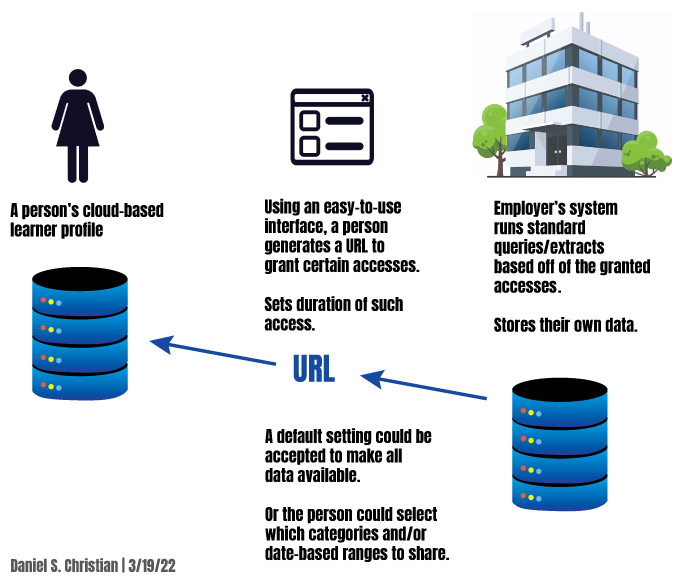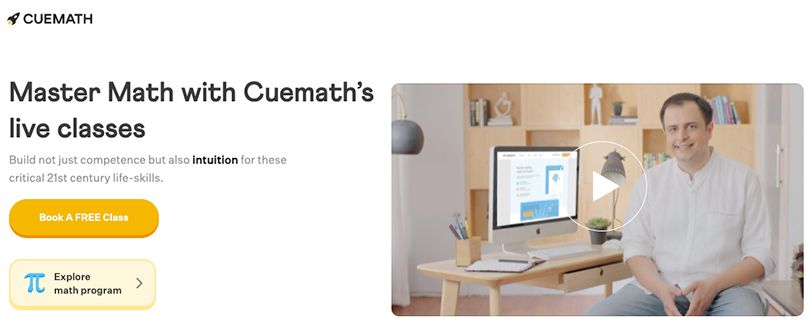Nurturing Non-STEM Gifted Kids and Meeting Their Needs — from raisinglifelonglearners.com by Colleen Kessler
Excerpt:
But what about that kid who doesn’t want a new chemistry set or microscope for Christmas? What about the gifted kid who doesn’t really get your science puns? What about the brilliant child who isn’t into STEM at all?
They’re rare, but they’re out there. Artists, chefs, readers, writers, dancers, musicians, linguists, all of the above. Kids who like space just fine, but like nature even more. Gifted kids who can crush their math work but would rather crush pigments. Gifted kids who can learn to code, but whose heart swells when guitar strings strum. Brilliant babes who appreciate the arts, the stories, or are just filled with curiosity that isn’t subject-specific. You see, intelligence isn’t a stereotype. An IQ score isn’t like a horoscope. Scoring a few standard deviations above the norm doesn’t dictate your personality, your likes, dislikes, talents, passions, or hobbies. It means your brain processes information differently than the majority of the population. That’s really it. Intelligence and brilliance are as likely to be found on a stage as they are in a lab. For every Einstein there is a Beethoven, for every Musk there’s a Spielberg.
What Can You Recommend For Students Who Finish Their Work Early? — from teachthought.com
Excerpt:
How to respond when students finish their work early is a classic teacher challenge.
Most of it boils down to lesson design–creating learning opportunities where students are naturally funneled toward extending, improving, and sharing their work so that ‘stopping points’ are more of a matter of scheduling than learning itself.
Motivating your child with ADHD: 7 tips for your homeschool — from raisinglifelonglearners.com by Colleen Kessler
Excerpt:
This series is all about homeschooling a child with ADHD. Today, we are discussing 7 of our best tips for motivating a child with ADHD.
Preparing Kids With Real-World Skills via Ed-Tech — from emergingedtech.com by Kelly Walsh
Excerpt:
Educational technologies enable children to learn things on a whole new level, broadening their minds and their capabilities. The practical applications alone make ed-tech a highly valuable tool in the classroom setting, but these technologies also can enhance kids’ skills as well as their emotional and cultural awareness and intelligence, which can better prepare them for real-world situations and scenarios.
Edumilestones Has Launched Career Lab™ For Progressive Schools — from edtechreview.in
Excerpt:
Edumilestones, a pioneer in career guidance platform has now launched a next-generation Career Lab™ for schools. Based on 11 years of experience in career counselling industry, this technology is set to help students to identify and execute their career goals with clarity and confidence.









